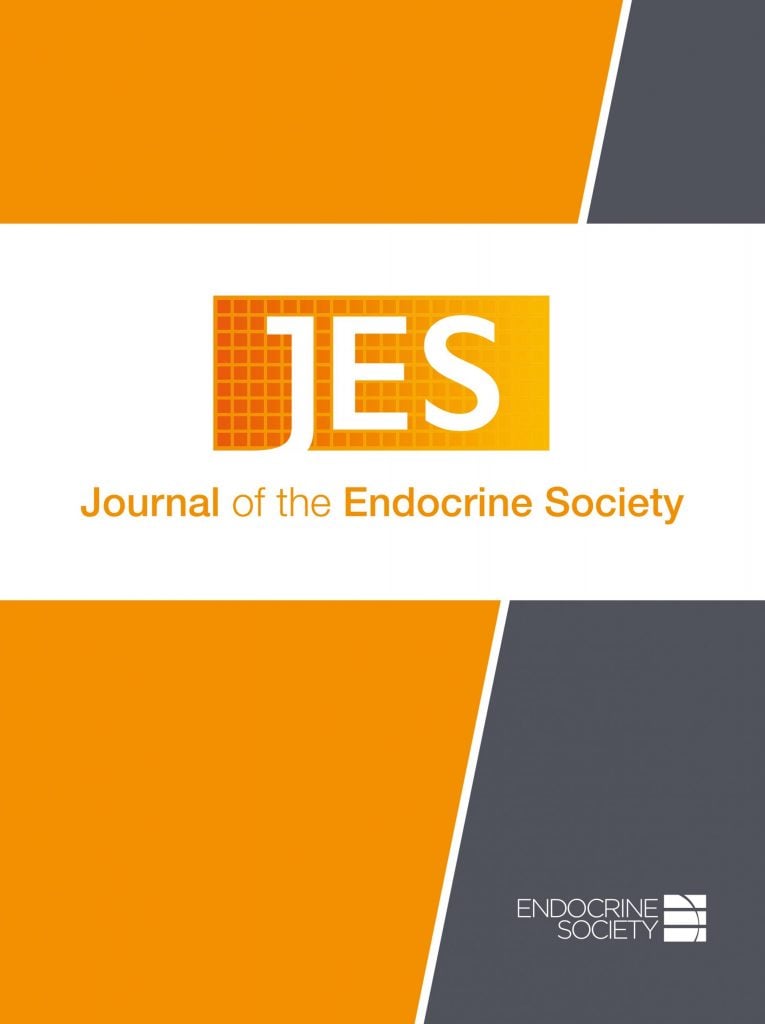A new set of clinical guidelines published in the Journal of Clinical Endocrinology & Metabolism is reshaping how physicians diagnose and treat hirsutism, a condition that causes excessive male-pattern hair growth in women. Affecting roughly 10% of women worldwide, hirsutism has long been viewed through a primarily cosmetic lens. But the updated recommendations emphasize a...
Should SGLT2 Inhibitors Be Stopped Before Emergency Surgery?
A new study entitled “Postoperative Outcomes Among Sodium-Glucose Cotransporter 2 Inhibitor Users” published in JAMA Surgery calls into question the current guidelines advising doctors to pause a widely used class of diabetes drugs—sodium-glucose cotransporter 2 inhibitors (SGLT2i) — before surgery. The findings suggest the risk of developing postoperative euglycemic ketoacidosis (eKA), a serious and potentially...
Saliva Test One Step Closer to Replacing Blood Work for Adrenal Disorder Diagnosis
Salivary cortisol and cortisone can be valuable tools in diagnosing adrenal insufficiency (AI), offering non-invasive options for screening and potentially avoiding the need for ACTH stimulation tests in some cases, states a recent study in The Journal of Clinical Endocrinology and Metabolism. Adrenal insufficiency (AI), such as in cases of Addison’s disease and Congenital Adrenal Hyperplasia,...
Hidden Steroids in Arthritis Supplements Raise Serious Adrenal Concerns
 Before you reach for that arthritis supplement, take note: Over-the-counter supplements could contain surreptitious glucocorticoids, notes a new case series study published in The Journal of The Endocrine Society. The study describes 12 patients who developed Cushing syndrome (CS) and/or adrenal insufficiency (AI) after consuming commonly used supplements such as Artri King, Ardosons, and Ajo...
Before you reach for that arthritis supplement, take note: Over-the-counter supplements could contain surreptitious glucocorticoids, notes a new case series study published in The Journal of The Endocrine Society. The study describes 12 patients who developed Cushing syndrome (CS) and/or adrenal insufficiency (AI) after consuming commonly used supplements such as Artri King, Ardosons, and Ajo... A third generation of the latest cholesterol-lowering medication — PCSK9-inhibitors — will soon be available for patients with homozygous familial hypercholesterolemia (HoFH), according to a January 24 article in The Lancet Diabetes & Endocrinology. Affecting approximately 30,000 individuals worldwide, HoFH is a rare but serious genetic disorder in which patients have markedly elevated levels (>10...
Glucagon-like peptide-1 receptor agonists (GLP-1RAs) have revolutionized weight loss management, and researchers are now exploring how these medications can further transform obesity care and offer new possibilities for long-term weight management, according to a recent review article published in Endocrinology. Authors Lauren A. Jones and Daniel I. Brierley, PhD, both of the Centre for Cardiovascular...
HDL Quality, Not Quantity, Contributes to the First Sign of Alzheimer’s Disease in Women
Higher levels of HDL-C—known as the “good cholesterol”—have been shown to correlate with heightened risk for Alzheimer’s disease, according to a study recently published in The Journal of Clinical Endocrinology & Metabolism. Once women reach the menopause transition, it’s a matter of the quality, rather than quantity, of the total cholesterol carried by HDL particles circulating in a...
First Clinical Trial of Vosoritide for Children with Hypochondroplasia Shows Increased Growth
The first global phase 2 study of vosoritide showed an average increased growth rate of 1.8 cm per year in children with hypochondroplasia, a genetic cause of short stature in children, according to a paper recently published in eClinicalMedicine. The clinical trial is funded by BioMarin. Researchers led by Andrew Dauber, MD, chief of Endocrinology at Children’s...

